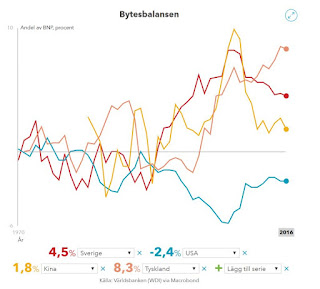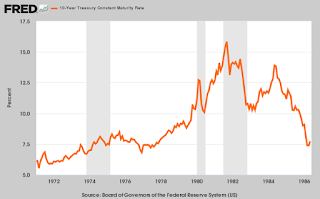It appears to be the dollar dog that is wagging everything else
Which is the tail and which is the dog? The dollar is falling, the oil price is rising, bond yields are rising and stocks have just endured two uncharacteristically tough days after a prolonged period of exuberance. John Authers, FT 30 January 2018

